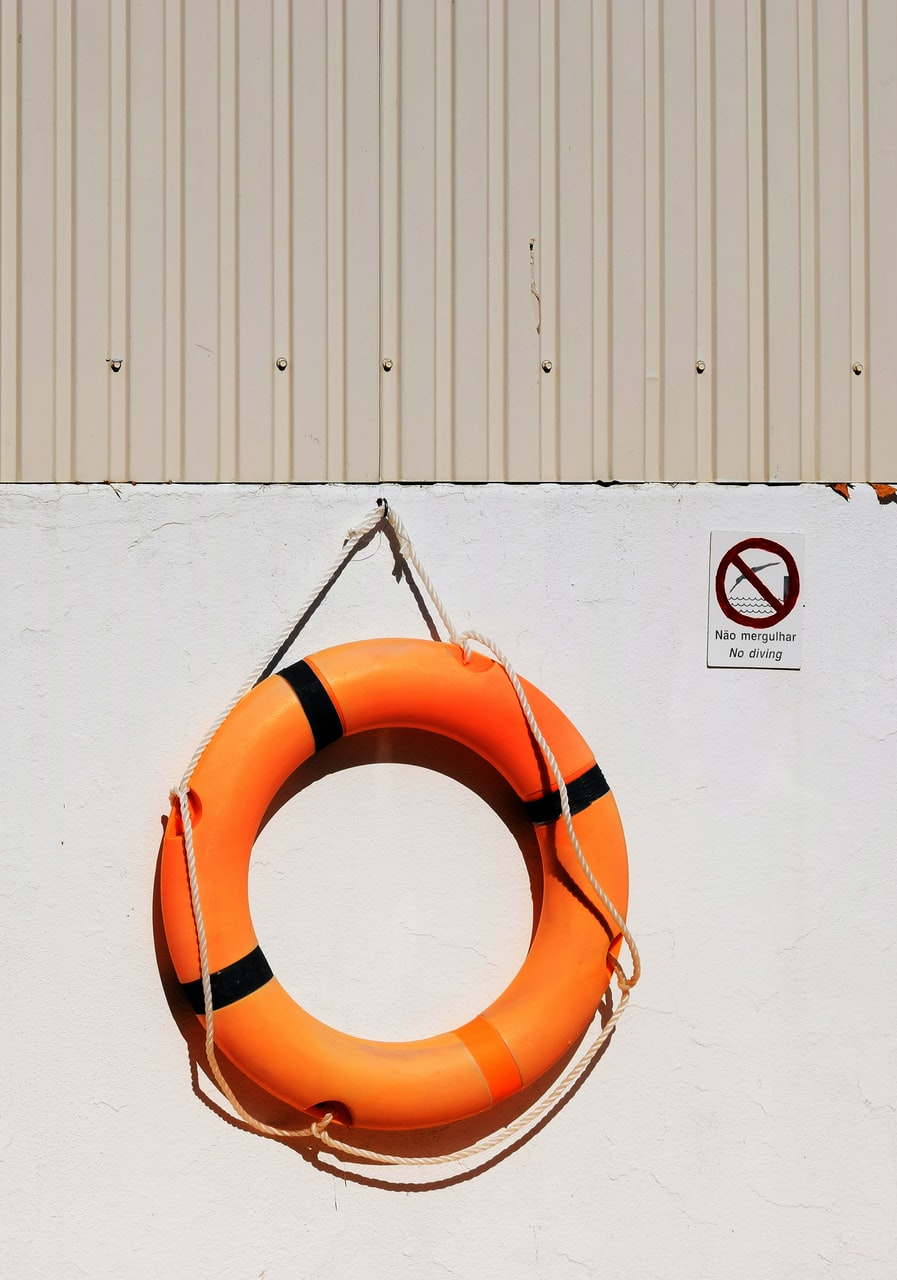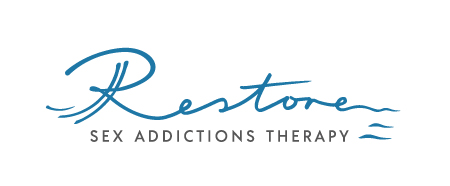10 May CATCH YOURSELF! Recovering from Sex Addiction in a Pandemic
Can you stay sober in the Age of Covid? That’s the million-dollar question, isn’t it? Addicts of any kind all face an increased vulnerability due to the Covid-19 Pandemic. Also, to make matters even worse, due to our current external environment there is a high risk that addicts will seek alternative addiction pathways due to avenues and coping strategies that have now become blocked off to them.

Living through the Pandemic has most certainly been a challenge with respect to any addiction where sobriety and recovery require a very specific set of coping strategies and resources. This is particularly true for anyone battling with sex addiction. Sex addicts at any stage of recovery, may feel so much shame and isolation at this time. However, I’d like to make it clear to all my clients and anyone out there who is struggling with this: you are not alone and what you are going through is so very understandable! Let’s look at the current problem and what you can do to avoid jeopardizing your recovery.
Sex Addiction seems to have escalated due to the Covid 19 Pandemic and its unique stressors and triggers. As a counsellor specializing in sex and pornography addiction, my evidence for this is mostly anecdotal. I have noticed it in my own practice and fellow practitioners I have spoken to have noticed similar trends in frequency and volume of acting out.
Triggers
Lockdown or Stay-At-Home public health directives increase triggers for all addicts but
particularly those battling sex addiction. Here are some of the triggers we need to watch out for:
- Boredom is a major trigger for many people. By being confined mostly to the home, there is a loss of activity and stimulation from the office environment, social settings, places of recreation and even exercise facilities such as gyms. As a result of the Pandemic, people may suddenly find themselves living alone, furloughed, or unemployed, resulting in a loss of other healthy/functional/desirable/helpful activities.
- Client’s report being very tired and fatigued due to stress and increased pressures and demands. We know that chronic fatigue impairs decision making, increases impulsivity and lowers inhibitions with obvious knock-on effects for anyone where problems with impulse control and decision-making fuel the addiction cycle.
- Clients report a sense of being unfulfilled by their day-to-day existence. This can be explained in terms of a loss of job satisfaction, strained relationships, social isolation and/or hobbies/sports/recreational activities etc. may have become inaccessible due to Covid-19 and its fallout!
- To complicate matters further, I am noticing diminished motivation and morale among many of my clients. This is not limited to my sex addiction clients, but all those who present with mental health concerns. Even those who are highly driven and focused on recovery seem to have experienced a “F***-It” moment as addiction often goes through a period in the cycle where the addict tries hard to avoid abusing/offending, but when stressors and triggers stack up, they may simply give up for a period of time. You will be at risk for cognitive distortions and skewed thinking. For example: “I need to use a little porn to cope with this situation!” “I deserve to have a quick look considering how much I am going through right now!” Addictive behaviour patterns start to take over again and escalate rapidly especially if there is no careful and targeted intervention. This could result either in rationalizing or a sense of hopelessness or both. Either way a likely result is loss of motivation and morale.
- Many feel understandably angry now. Angry at the world due to circumstances beyond all our control. Angry at themselves for not somehow doing better at keeping their addiction under control. Angry at family, colleagues, friends etc. for not being more understanding. The list goes on! This anger can turn into rage and the addict could act out either by increased addictive behaviours, self-harm or harm to others.
- You may find that you have more time for catastrophizing and negative self-talk which may in turn trigger anxiety and shame which sets you up for a vicious cycle that fuels addiction.
- Addiction is secretive by nature and an addict can typically hide their addictive usage patterns very effectively. However, the stress of doing so when living in close quarters with family 24/7 is definitely an added trigger.
- There is a loss of external “guardrails.” By not being in an office, but always having to be online, many difficulties arise. If your strategy to avoid pornography was to limit the time you spent online, this may simply not be feasible. You may need to be online much of the day for your job, for example, or to maintain contact with friends and family. The online world is obviously a target rich environment for pornography and sex addicts. To make matters worse boundaries become extremely blurred. An addict could have a work project open in one browser tab and a porn site in another and be switching between the two while being “at work” without the risk of anyone walking in and seeing this behaviour. To make it even worse the cookies from the sites you visit, and the search algorithms will show you more and more of the content you are trying to avoid, even at times when you are not actively looking for such content. For example, during an online work meeting, or while doing research for a report you may be working on for your boss.
- The pressures of home life and home-schooling, particularly if you have special needs children, in addition to maintaining your job from home may impact on your ability to make time for therapy sessions and thereby remove a key accountability point.
- You may be tempted to use inappropriate and ultimately harmful forms of self-medication for your distressing and unregulated emotions (depression, anxiety, sadness etc.). Validation from normal forms of human contact (e.g., in the workplace) may have been suddenly withdrawn due to Covid-19, leaving you feeling vulnerable, isolated and at a loss as to how to cope.
We all need a Safety Plan.

If addiction in general and sex addiction in particular is a problem in your life, you need a Safety Plan to fight slips and relapse. Effective Safety Plans are characterized by flexibility, resilience, adaptability, sustainability, creativity, affordability and most of all, a motivation to make change, no matter how often we may have to remind ourselves of the latter.
A robust Safety Plan will include things such as:
- Ways to access social and professional support.
- Good reading material and other resources to assist you in understanding and treating addiction and other mental health issues.
- Recreational activities such as playing your favorite music, watching a great movie, spending time on hobbies, arts, crafts etc.
- A good diet and plenty of exercise to support a healthy body and mind.
- Blockers and accountability apps such as CovenantEyes, www.covenanteyes.com.
- You need a long list of healthy/sustainable rewards and continually seek to add more items to your list. The longer the list, the more likely you will be never to run out of options and therefore will not find yourself as vulnerable to using sex and pornography to provide your brain with the rewarding experiences that all human brains crave.
therefore take steps to adjust our approach and standard of care accordingly. It is important to offer support and resources and make sure those struggling with addiction can access them.
A good therapist, particularly one who specializes in Sex Addiction can assist you towards recovery. If you need help, please feel free contact me via email stephanie@stephaniejeans.co.uk and take a look at my website for further information www.stephaniejeans.co.uk




